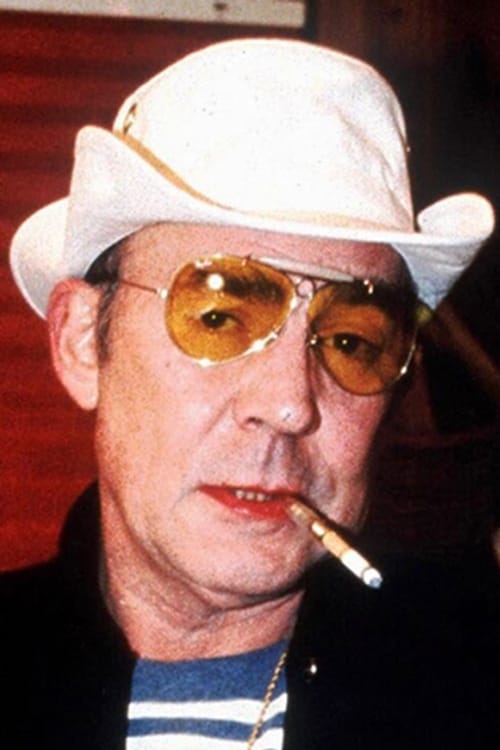
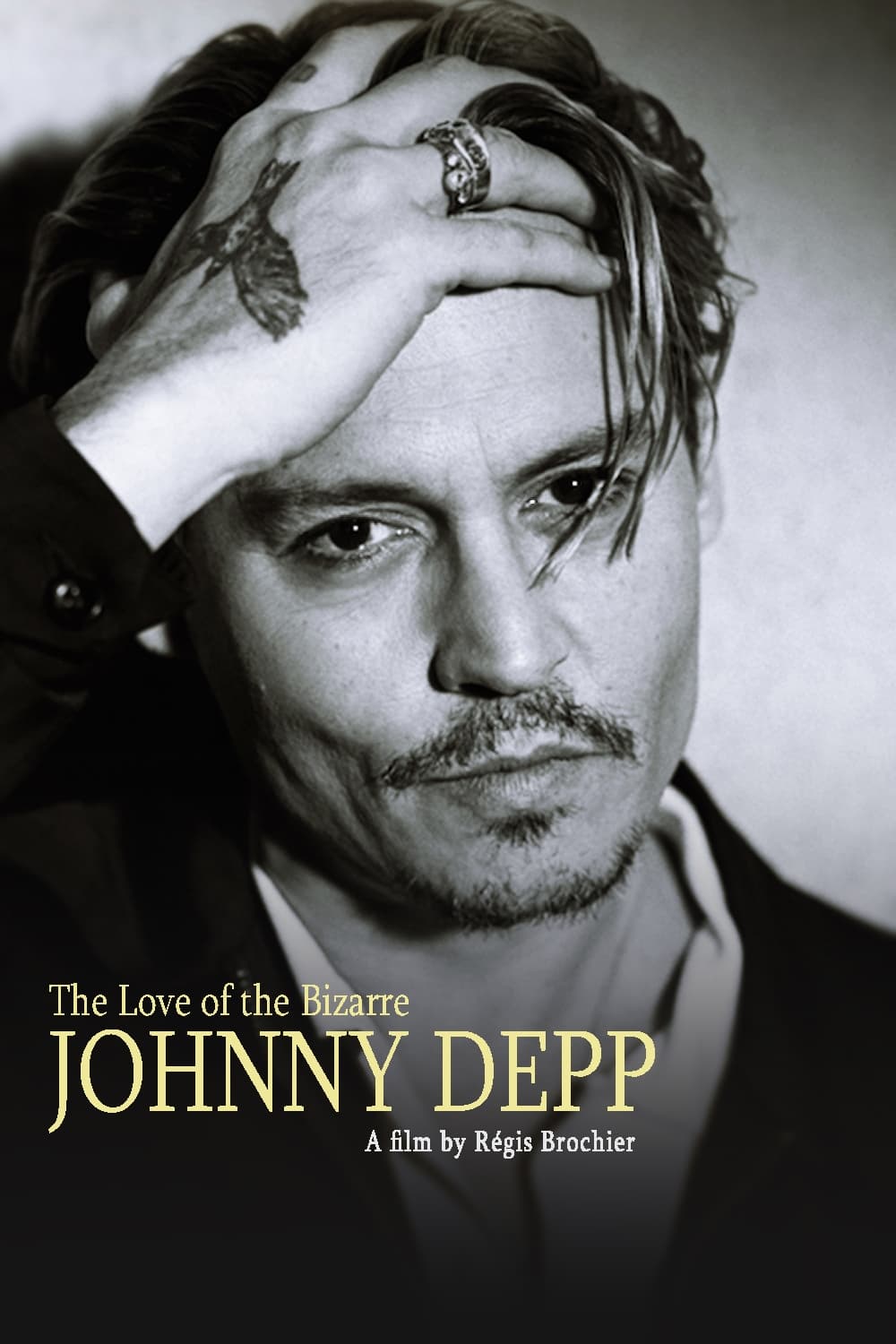
Johnny Depp started off as a punk band guitarist, turning to acting to help pay the bills. But his dabbling catapulted him to global fame and there was no going back. Throughout his career, Depp has had fame and infamy in equal measure. His roles are often that of the isolated anti-hero: Edward Scissorhands, Donnie Brasco, Raoul Duke in Las Vegas Parano, and Captain Jack Sparrow in Pirates of the Caribbean. His poetic outsider characters reveal a critical view of American society.
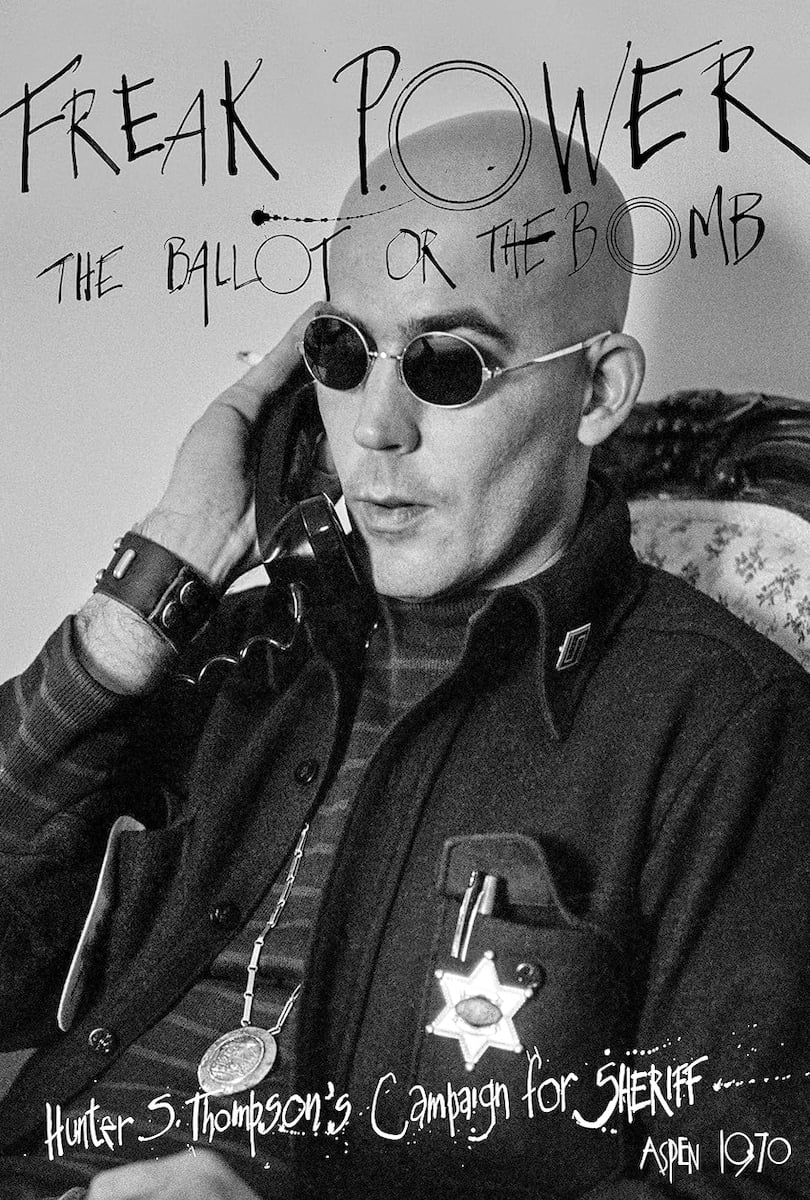
Hunter S. Thompson went to the 1968 Democratic Convention in Chicago as a journalist and returned home disgusted, yet motivated by what he’d just seen: violently suppressed protests, riots, corrupt politicians, and abusive cops. Back in Aspen, he finds more of the same. The local police and sheriff’s departments are targeting young people, harassing and charging them with absurd crimes and trying to push them out of town. Hunter decides he has to do something to change the police brutality that has become the norm.
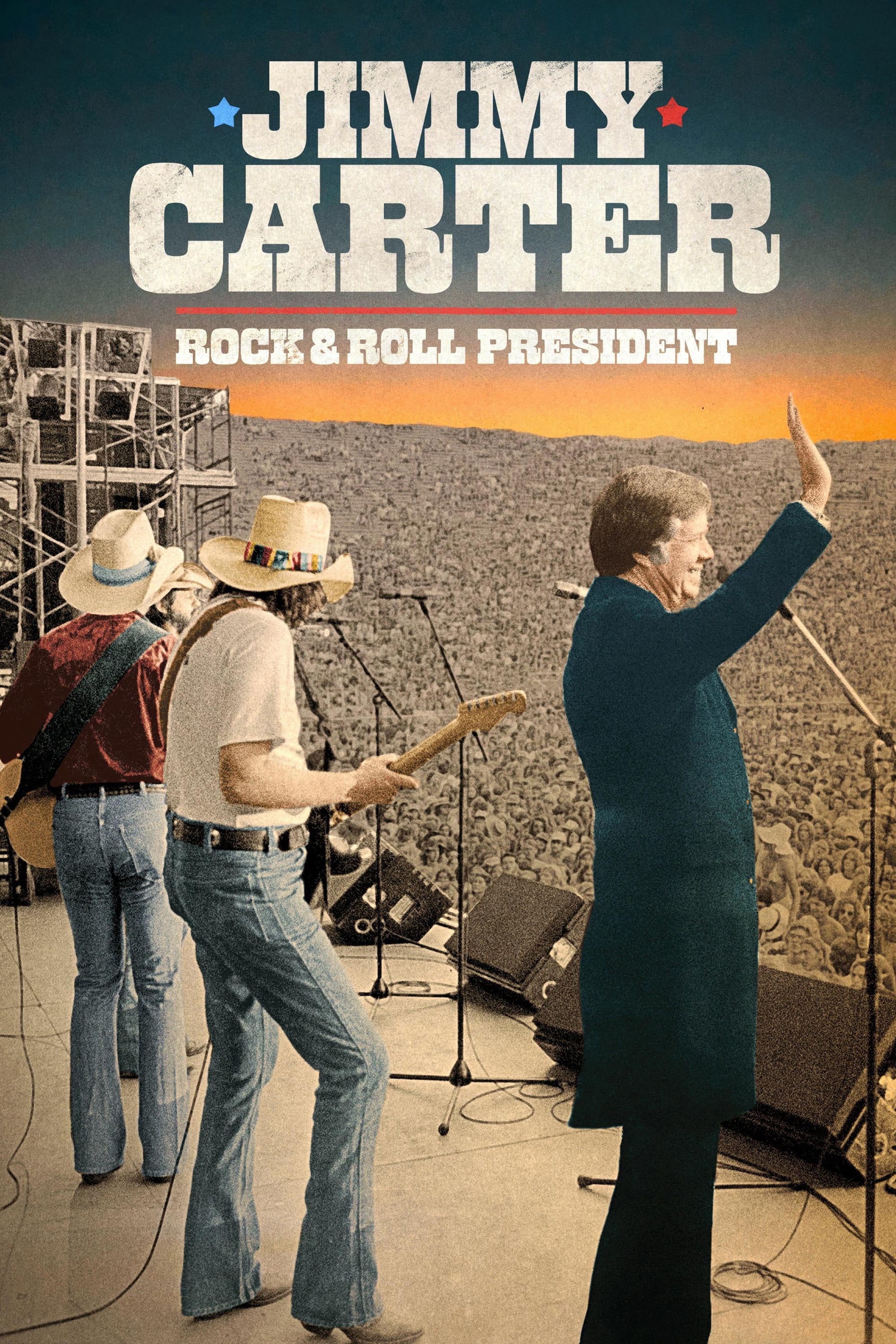
This rockumentary-style presidential portrait shows how Jimmy Carter reinvigorated a post-Watergate America—with the music of the counterculture, including the Allman Brothers, Bob Dylan, Willie Nelson, and Jimmy Buffett.
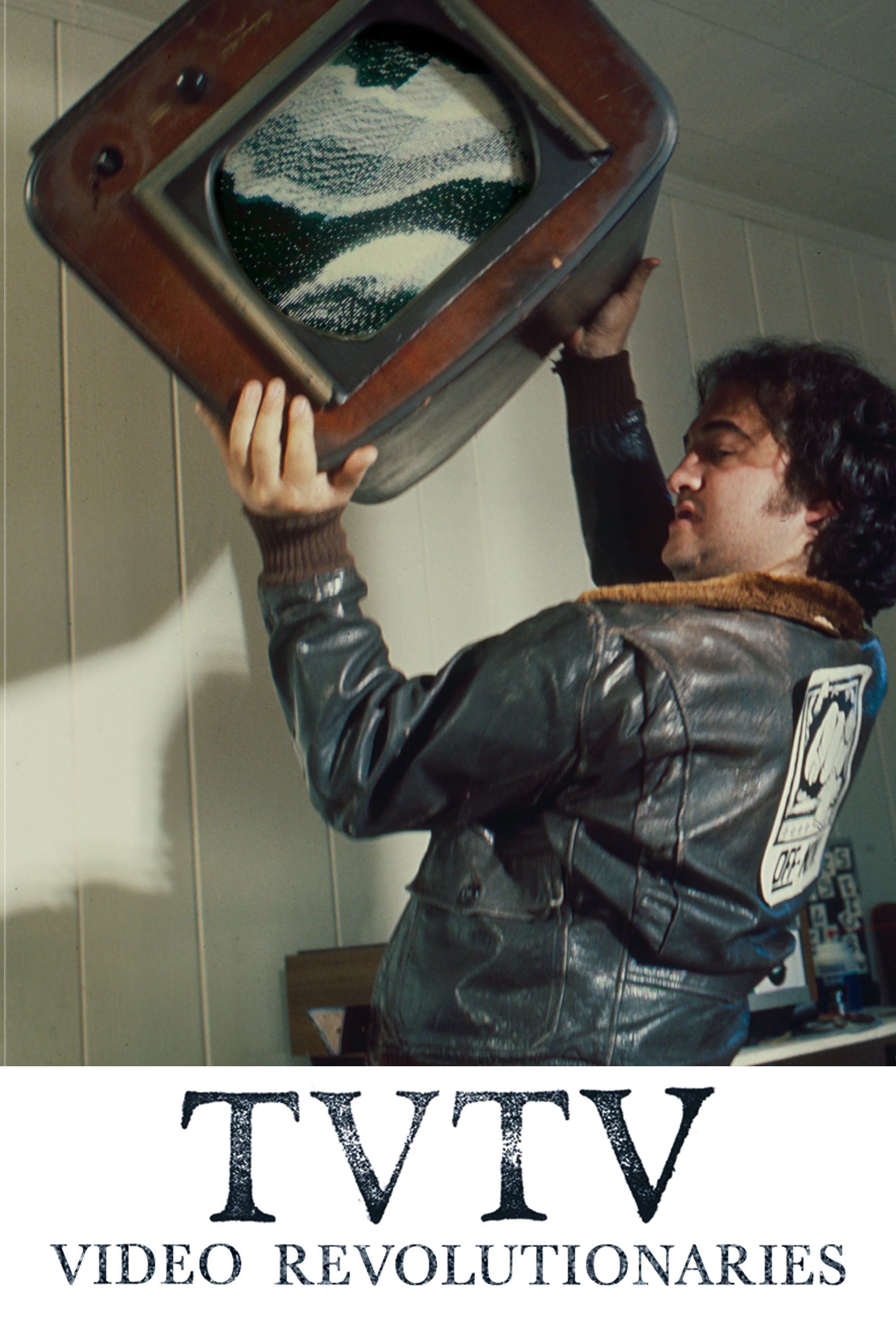
A documentary about Top Value Television (TVTV), a band of merry video makers who, from 1972 to 1977, took the then brand-new portable video camera and went out to document the world.
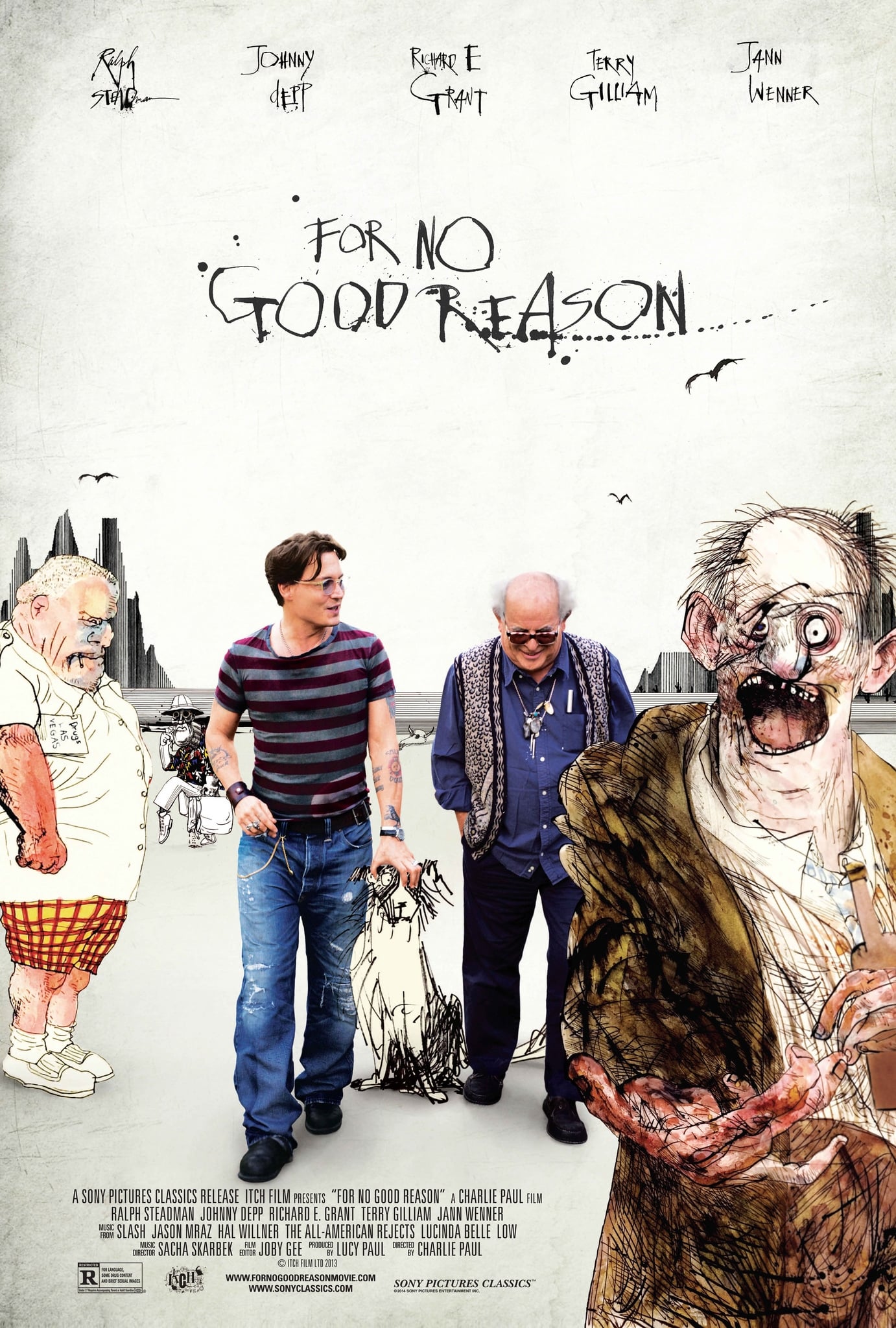
For No Good Reason a film about Ralph Steadman. Johnny Depp guides the visually stunning journey, smashing narrative conventions, moving seamlessly from interview to animation and in the finest Gonzo tradition questions of witness and authenticity are challenged. Steadman's art is for the first time animated, including illustrations from Hunter S Thompson's Fear and Loathing in Las Vagas. Featuring Richard E Grant, Terry Gilliam, Bruce Robinson and with music from Slash, The All American Rejects, Jason Mraz, Crystal Castles, Ed Hardcourt and Beth Orton. A touching and at times funny film about honesty, friendship and the ambition driving an artist. This is a true record of the demise of the 20th Century counterculture and hipster dream with Ralph Steadman the last of the Gonzo visionaries.
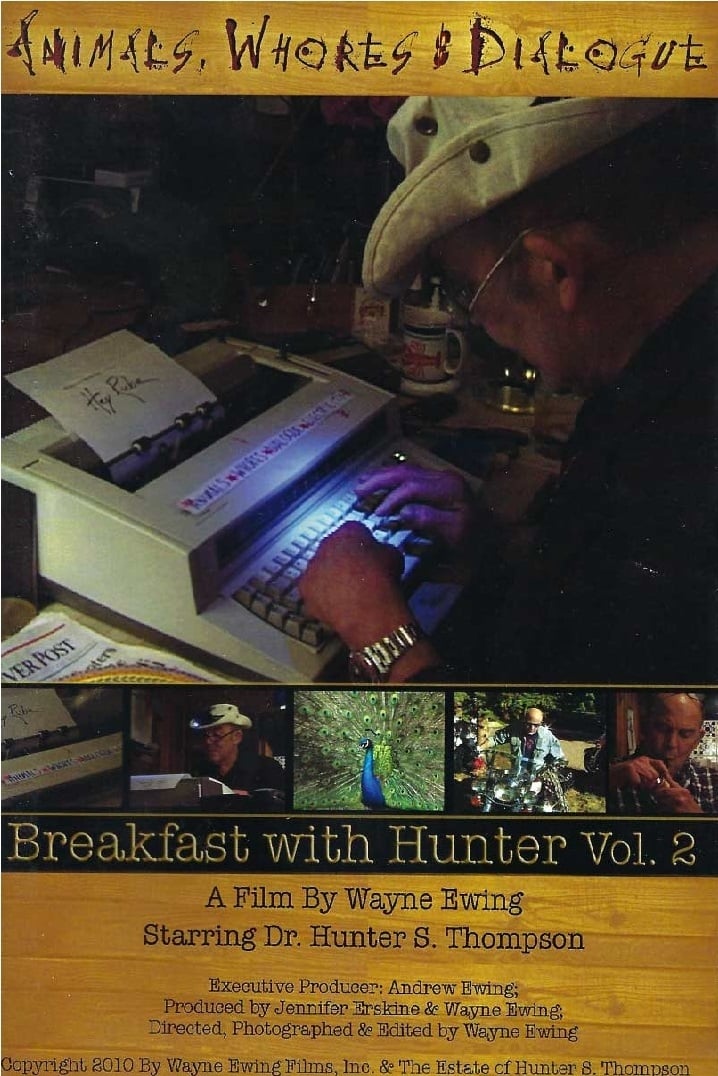
Animals, Whores & Dialogue is more than just a sequel to Wayne Ewing's 2003 Breakfast with Hunter which Variety declared to be a movie "that captures the essence of his [Hunter Thompson's] jazzy pop journalism." This new feature length documentary goes even deeper into Gonzo journalism with intimate scenes of Dr. Hunter S. Thompson at work writing, editing, and recounting the creation of classics like Hells Angels and Fear & Loathing in Las Vegas. Animals, whores & dialogue were metaphors and an element Hunter almost always wove into his writing, and the words were emblazoned on his typewriter.
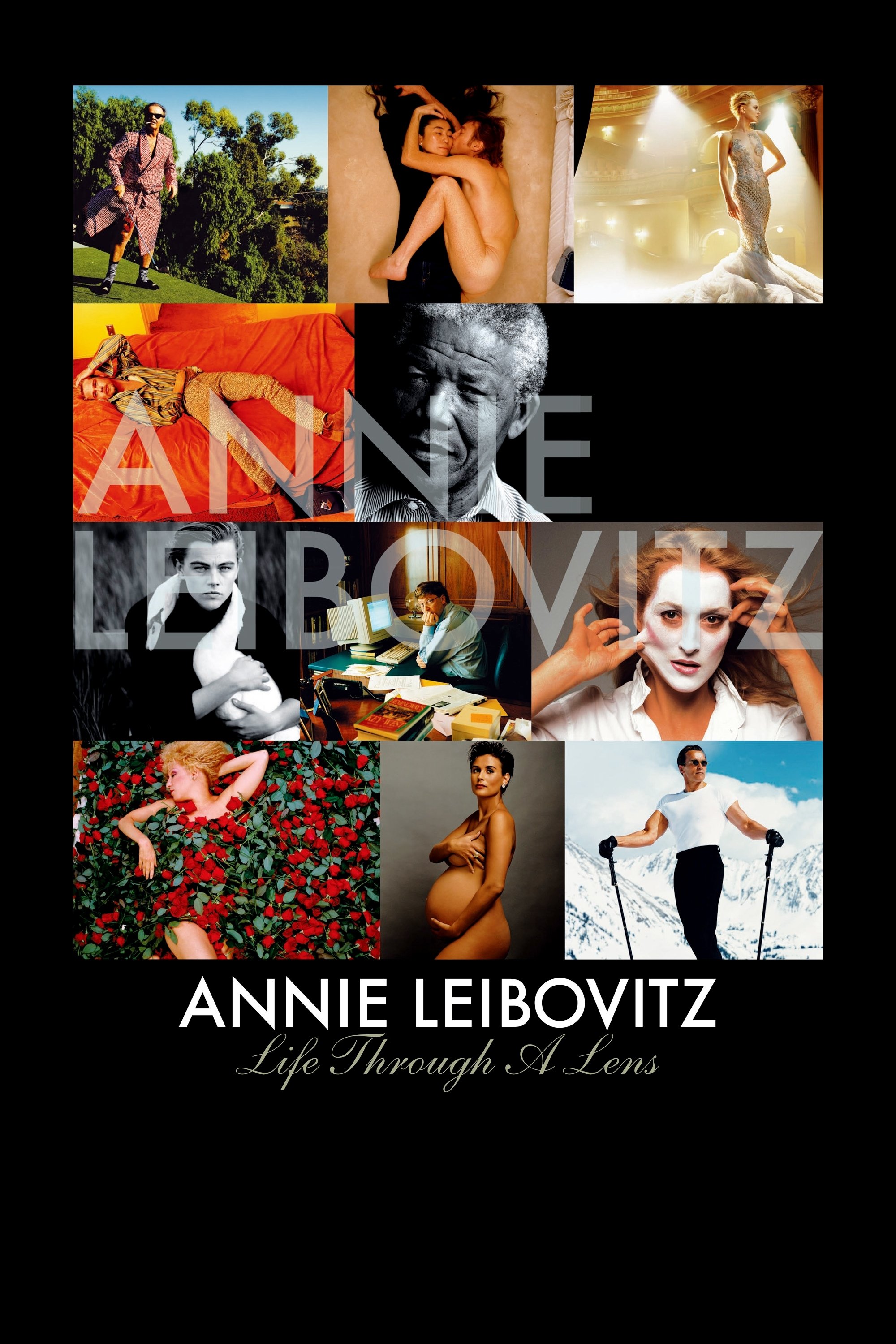
An account of the professional and personal life of renowned American photographer Annie Leibovitz, from her early artistic endeavors to her international success as a photojournalist, war reporter, and pop culture chronicler.

A personal, intimate look at journalist Hunter S. Thompson with a special emphasis on his Hollywood relationships. It captures the legacy and "gonzo" spirit of one of this century's most notorious figures - a man whose life and work regularly intersected with some of the biggest names in the world of film, politics, journalism and sports.
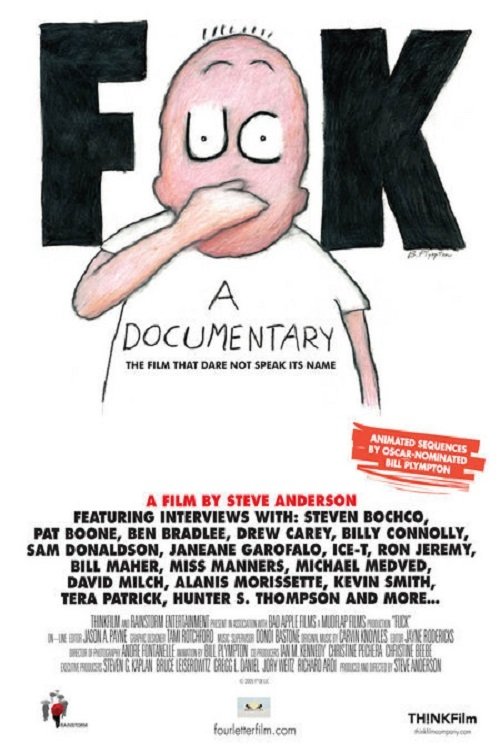
A documentary on the expletive's origin, why it offends some people so deeply, and what can be gained from its use.
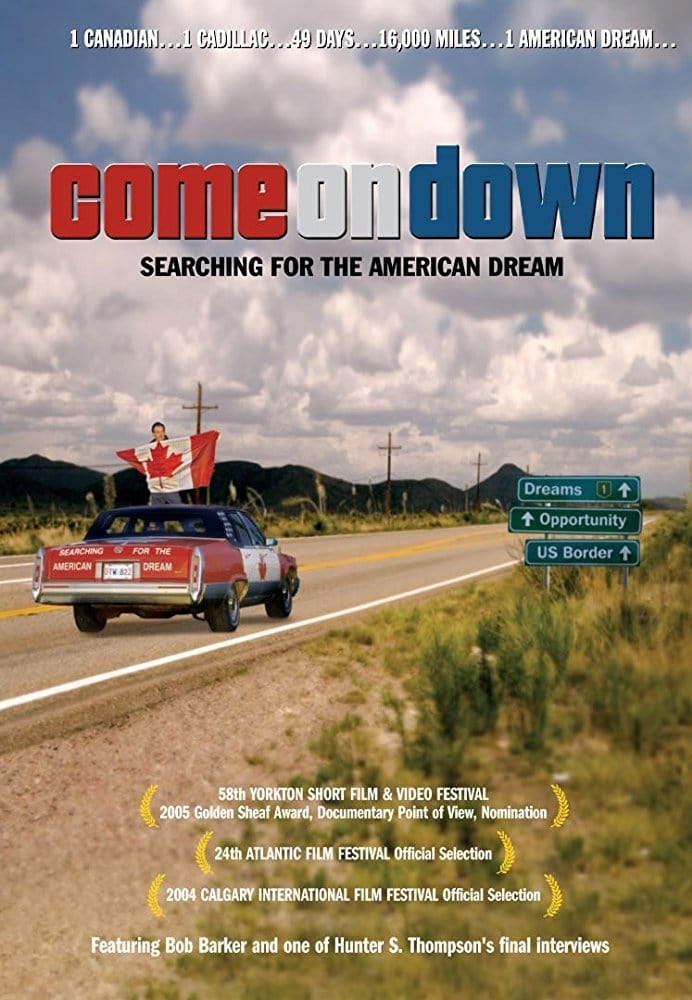
The director paints a car with the Canadian flag and embarks on a road trip through America in search of the meaning of the so-called American Dream, ultimately searching out Hunter S. Thompson to hear his wisdom.
Hunter Stockton Thompson was an American journalist and author. He is credited as the creator of Gonzo journalism, a style of reporting where reporters involve themselves in the action to such a degree that they become central figures of their stories. He is known also for his unrepentant lifelong use of alcohol, LSD, mescaline, and cocaine (among other substances); his love of firearms; his inveterate hatred of Richard Nixon; and his iconoclastic contempt for authoritarianism. While suffering a bout of health problems, he committed suicide in 2005, at the age of 67.
By browsing this website, you accept our cookies policy.